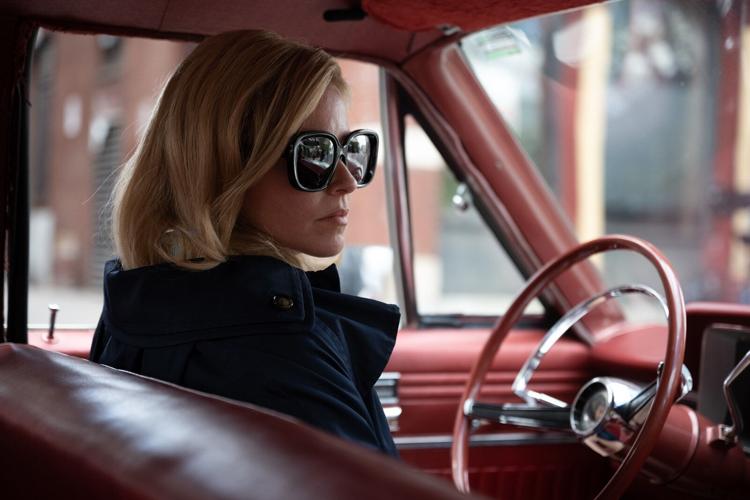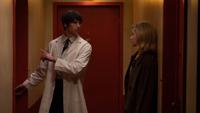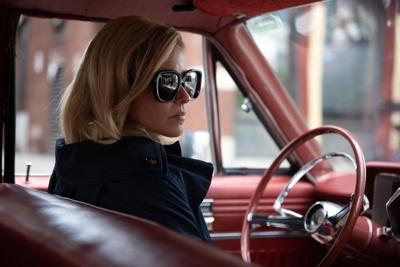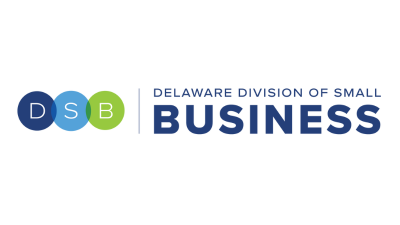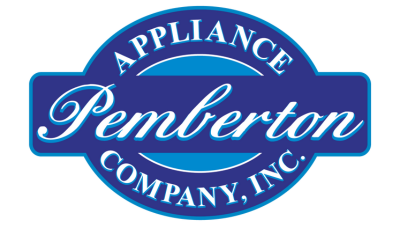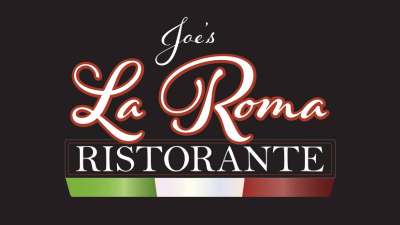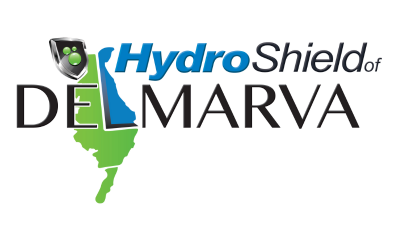The Jane Collective has been depicted on screen several times. Ironically, this film is the second one about the Jane Collective to be released this year. Both films about the Jane Collective premiered at the 2022 Sundance Film Festival. The first was HBO's The Janes, which was a documentary that played over the summer. The screenplay for this film has been in existence for five years or more, but this film can in a lot of ways feel like a remake of The Janes. Often, when there are twin films where one is a documentary and the other a narrative with actors, most people would argue that the documentary is the better film. In this case though, the narrative with the actors is the better option.
In any other year previous to this one, a film about the Jane Collective could be easily dismissed. However, this film is particularly prescient because of the U.S. Supreme Court's decision of Dobbs v. Jackson (2022), which overturned Roe v. Wade (1973). For nearly 50 years, Roe v. Wade legalized abortion in every state of the United States of America (USA). This film takes place in the years leading up Roe v. Wade where the issue of abortion reached a breaking point. The reason for this film being prescient and highly relevant is because Dobbs v. Jackson essentially made abortion illegal again, at least in 26 states, which is more than half of the USA. This film exploring what it was like during that time is a perfect kind of echo for what people can or are experiencing currently in those 26 places.

Elizabeth Banks (Pitch Perfect and The Hunger Games) stars as Joy, a housewife and mother who has only one child, a teenage daughter. She lives in Chicago, 1968. Her husband is a successful lawyer. Yet, Joy will occasionally help him with writing his legal briefs. She's good at cooking and cleaning, as well as those typical domestic, home economic stuff, but she also has a knack for doing professional things, such as writing her husband's legal documents. She's very smart. Despite coming from a Conservative environment, she seems to lean more to the left when it comes to social activism. If one has seen the Emmy-winning series Mrs. America (2020), Banks' character here is very much akin to her character in that 2020 program.
Sigourney Weaver (Avatar and Alien) co-stars as Virginia, one of the founders and leaders of the Jane Collective, an organization in Chicago that is a kind of underground railroad for women who need abortions. Getting an abortion is only legal in certain situations. For example, in the case of the life of the mother being threatened, a woman can get an abortion, but only if a group of men on a hospital board agree to it. The likelihood of that is very rare, if never. Virginia is an older and very mature woman who seems as though she's very much a hippie. She's very much a feminist who is very straight-forward and doesn't mess around about anything, particularly in pushing against the kind of sexism that the issue of abortion can present.

Director Phyllis Nagy is an Oscar-nominee for writing the film Carol (2015), which was about two, closeted lesbians engaging in a secret affair in the 1950's. This film is not that far off thematically from Carol. The husband here named Will, played by Chris Messina (The Mindy Project and Birds of Prey), isn't as much of a threat or even a factor as the husband in Carol or husbands in Carol. The oppression or external threats aren't much of a factor in this film. The Janes documentary did a better job of establishing the stakes of this time prior to Roe v. Wade. This film suggests the danger at hand but never really drops the hammer. Doing so might have been too melodramatic. Nagy's only stylistic flair is the use of 16 mm celluloid to craft certain scenes, giving this film a gritty 60's and 70's look that is noticeable.
John Magaro who appeared in Carol plays a cop here who presents a potential danger. Yet, that danger isn't actualized. It merely looms as a potential danger that proves there is no real bite to this narrative. Nagy's film presents a vibe that potentially had bite but not really. However, Banks' performance is outstanding here. Her character goes from a desperate but judgmental woman to a motivated activist. How she gets swept up into the activism here is obvious because she's been through the experience. The opening scene demonstrates her interest in being more involved, but there is a bit of a gap that the film never fills in, but Banks' performance helps to overcome that or any other gaps.

Despite being about abortion, the film has humor to it. There's an interesting joke about suicide or self-harm that might be a bit off-key. The jokes seem to be about the patriarchy that is often absurdly unfair and pushes women to extremes. Weaver brings a comedic charm that is very warm and inviting. She even gets a striptease, opposite the abortion doctor, Dean, played by Cory Michael Smith, another transplant from Carol. That striptease was very funny. The jokes given to Weaver in general always work because she brings a lightness that is always effective.
One other criticism might be the lack of screen time and material for Wunmi Mosaku (We Own This City and Lovecraft Country) who plays Gwen. She's the sole Black woman in the film. Her character brings up the racial issues that arise within Virginia's group. Knowing more about her and knowing more about how the Jane Collective co-opted things being done in the African-American community could have been explored here. The documentary touches upon it with more insight than this film. Kate Mara (A Teacher and House of Cards) gets short shrift here as well, but, again, the combo of Banks and Weaver is enough to carry this film.
Rated R for language and brief drug use.
Running Time: 2 hrs. and 1 min.
In theaters.

